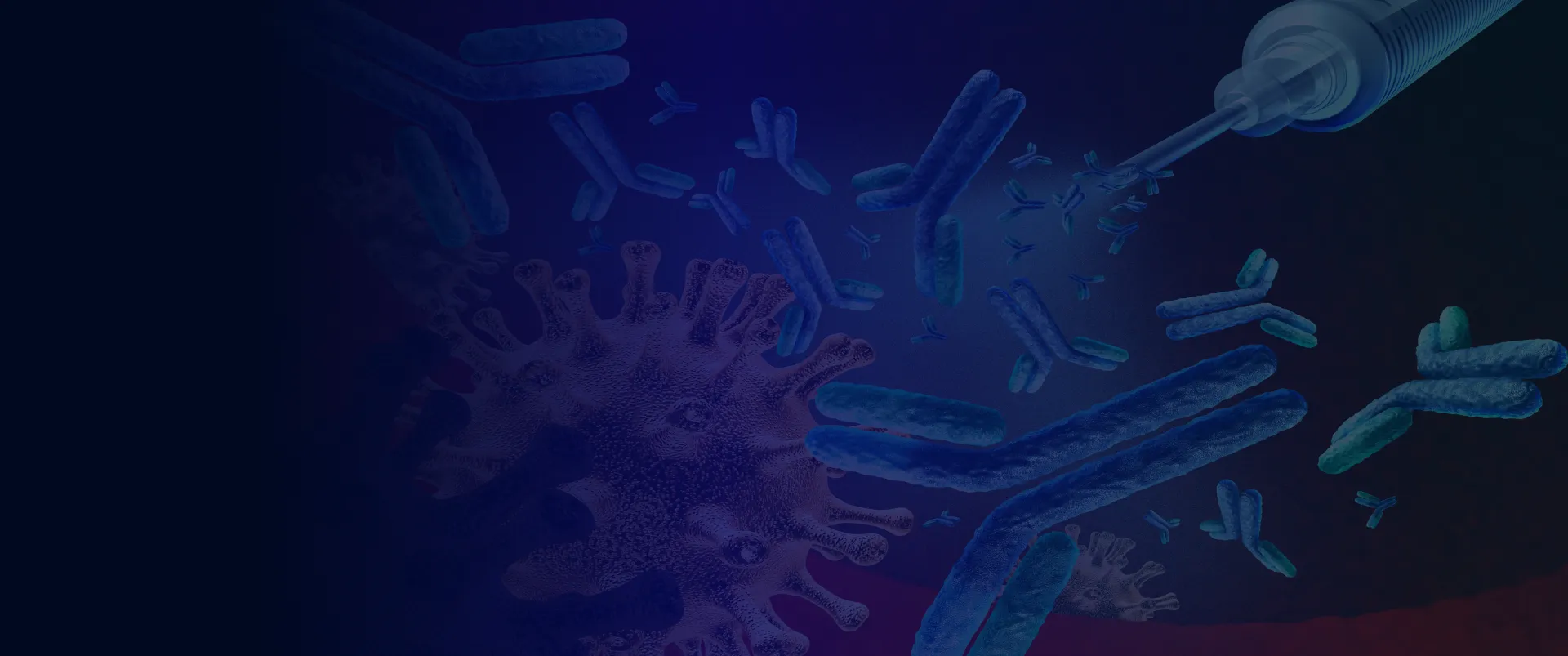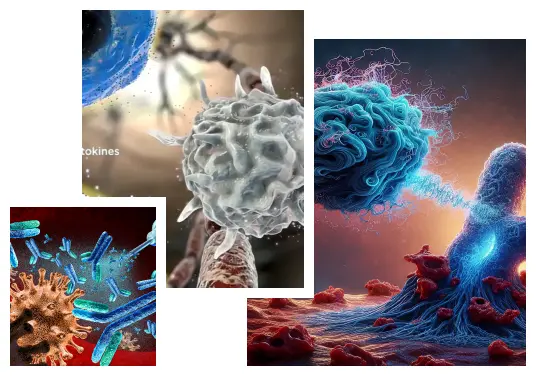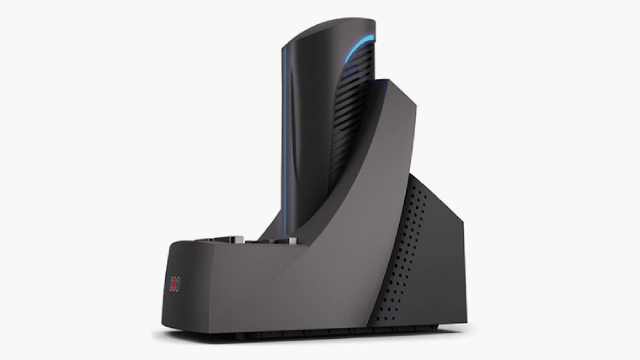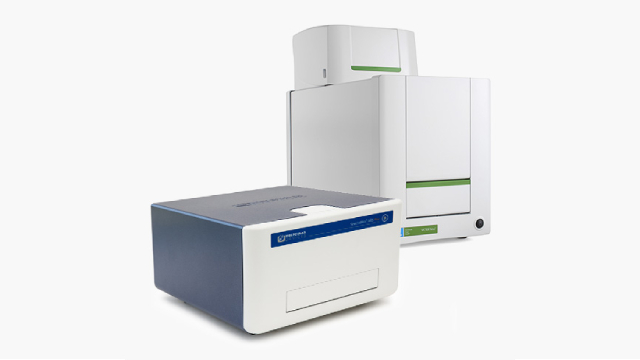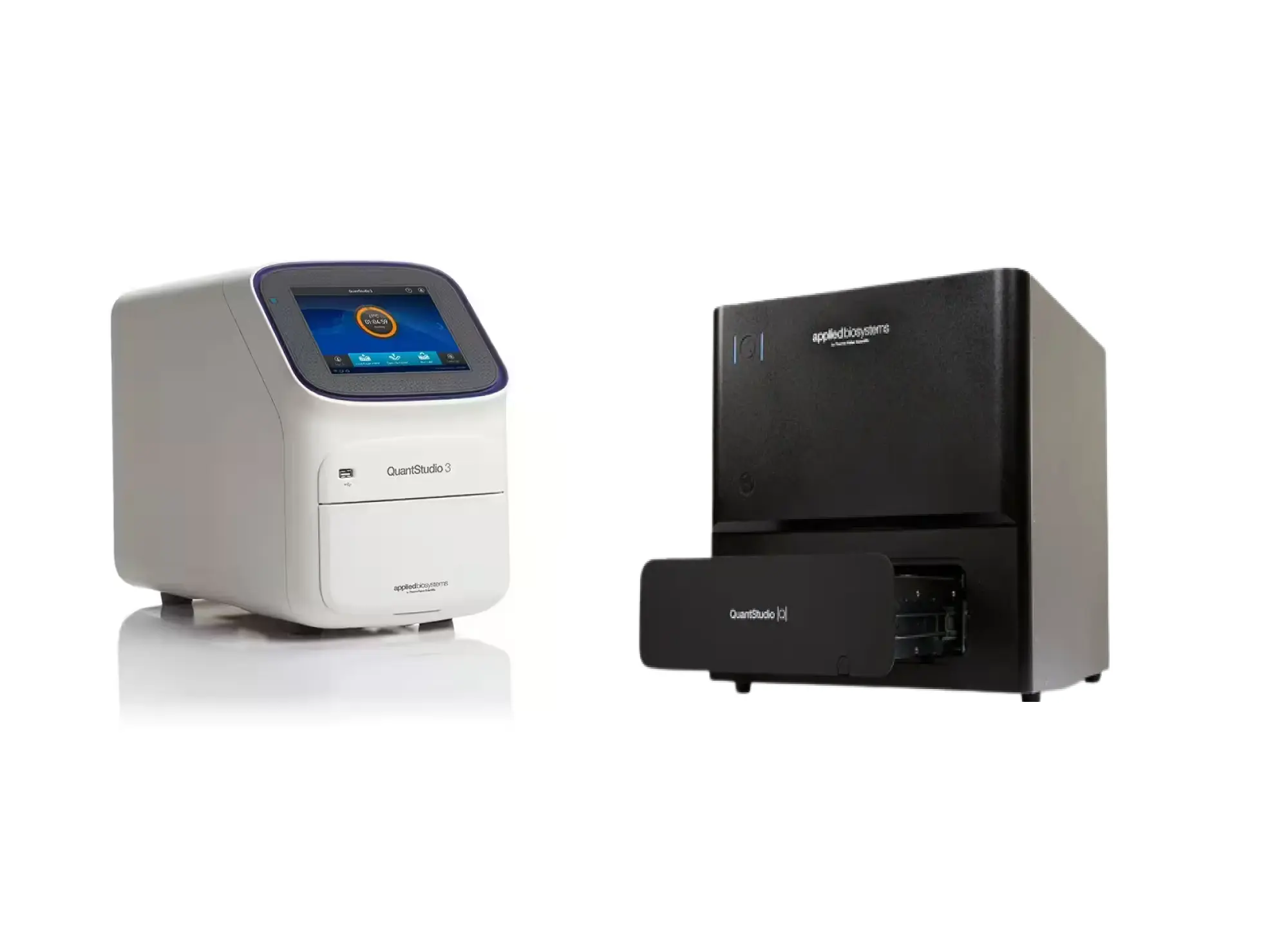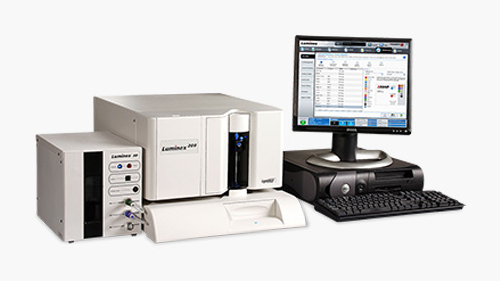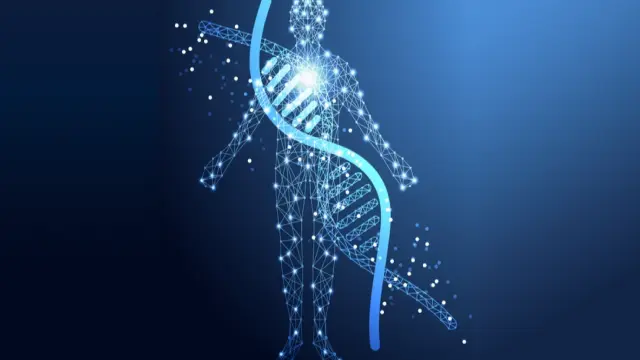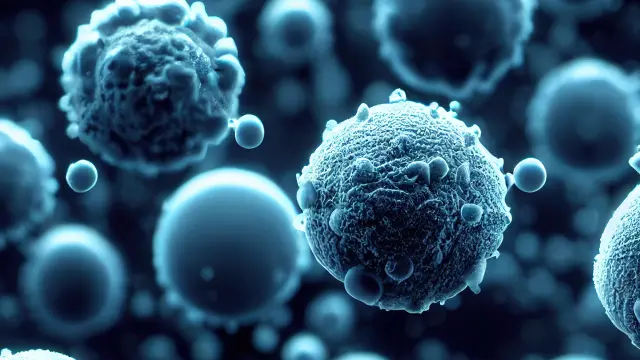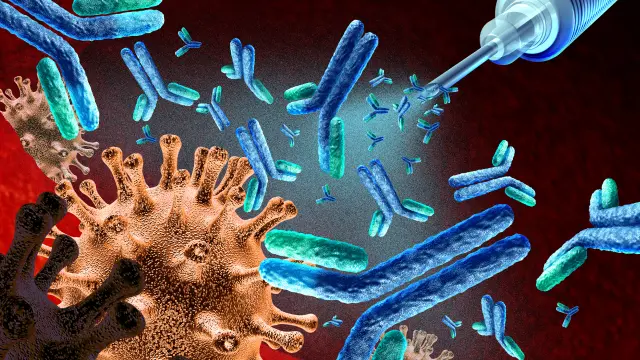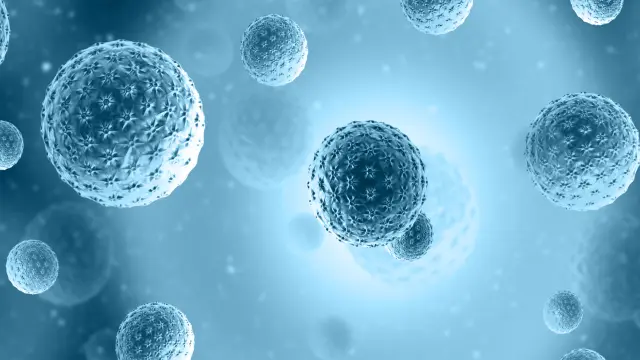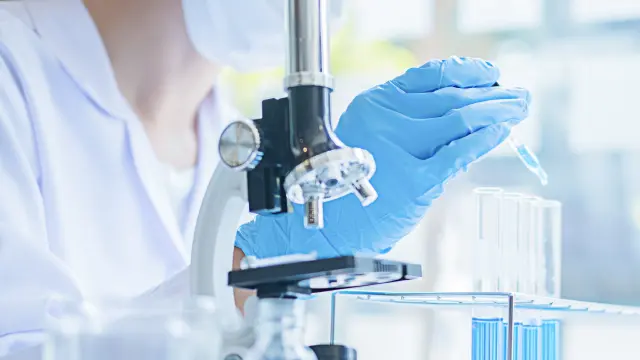As a Biomarker CRO, NorthEast BioLab offers end-to-end biomarker analysis during drug discovery, preclinical and clinical studies. Our scientists have extensive experience setting up biomarker assays to quantitate proteins, peptides, and small molecules in various biological matrices such as blood, plasma, serum, urine, cerebrospinal fluid (CSF), organ tissue homogenate, etc. These biomarker studies can be performed using a traditional ELISA assay or one of our advanced biomarker assay platforms (LC-MS/MS, MSD ECL, Luminex Multiplex). Thus, you can leverage our biomarker testing services for 1,000+ analytes on MSD, Luminex, ELISA, LC-MS/MS, qPCR, and Western Blot. Our FDA audited biomarker CRO’s veteran scientists help select the best assay platform and materials for your preclinical and clinical study. We deliver GLP or fit-for-purpose biomarker assay development, validation, and sample analysis for proteins, peptides, and small molecules at industry-leading value and turnaround. Speak to our scientists to get started on your biomarker analysis or cytokine testing. We offer these biomarker testing services for analysis of your study samples through custom assay development or commercially available assay kits:
Custom Biomarker Assay Development, Validation, and Analysis
Our custom biomarker development services support analysis using proprietary or commercially available materials, such as anti-ID antibodies or antibody pairs from the sponsor. Depending on study needs, our scientists can set-up your biomarker assays individually (single-plex assay) or combined to simultaneously analyze multiple analytes (multi-plex assay) on MSD ECL or Luminex Multiplex platform. Each project begins by consulting with our biomarker lab experts to determine the analytes(s) of interest, the species/sample matrix, sample quantity, QC requirements, dynamic range, and assay platform. Afterward, a preliminary run consisting of a standard curve and QC samples is performed to assess project feasibility with desired multiplexing or dilution.
Once method development and protocol optimization are complete, we perform biomarker validation services to measure bioanalytical parameters such as accuracy, precision, and recovery. Afterward, NorthEast BioLab issues a hyperlinked biomarker method validation pdf report documenting your eCTD submission-ready assay. Henceforth, your fully validated and robust biomarker assay is reliable for all phases of the drug development, from GLP preclinical studies to clinical biomarker testing.
Similarly, we understand that you may have validated ELISA assays to be transferred on a multiplexing biomarker assay platform. Both the Luminex and MSD platforms benefit from the traditional ELISA assay but offer significant advantages of using smaller sample volumes to analyze multiple analytes simultaneously. Consequently, these platforms lead to increased throughput, reduced costs, and more flexibility. Our team of scientists can also seamlessly transfer your existing ELISA assays to either the Luminex or MSD multiplex platforms. The transferred assay can then be used alone or combined with other biomarkers to create a panel to meet your unique drug development and research needs.
Biomarker Testing Services using Commercial Assays and Kits
NorthEast BioLab provides biomarker testing services with an exhaustive menu of 600+ analytes in the usual biological matrices, given the attractive risk/reward profile of commercial assays. We offer biomarker analysis services using a singleplex or multiplex panel for a wide range of applications such as immunology/inflammation, cardiology, toxicology, and metabolic disorders. Furthermore, our preclinical and clinical biomarker services include cytokine testing in humans, mice, rats, dogs, pigs, non human primates (NHP), and other species.
NorthEast BioLab’s committed to delivering the best possible outcome for your biomarker services on MSD and Luminex platforms, keeping pace with the latest technological advances that allow multiplexing from a single sample with a small volume. Our scientists closely partner with industry-leading kit providers (Meso Scale Discovery, Millipore Sigma, Thermo Fisher Scientific, R&D Systems, Biorad, etc.) to accurately analyze your biomarker study samples. Thus, our vendors’ technical support empowers us to provide reproducible and reliable results using pre-validated biomarker panels or custom assay panels even for your most challenging biomarker services.
We can perform these biomarker lab services according to manufacture specifications or customize protocol to meet your bespoke research and development goals. Before biomarker analysis on your precious study samples, our team conducts a pre-validation run to optimize assay, such as determine minimum required dilution (MRD) and assess quality controls against standard curve to gauge % recovery. Per your regulatory requirement, we happily perform biomarker validation services on these commercial assays to thoroughly analyze bioanalytical parameters such as accuracy, precision, sensitivity, dilution effects, etc.
One of our most popular biomarker services is Cytokine testing, which is a crucial part of many research studies capturing the expression of immune and inflammatory responses. We offer multiple cytokine assay profiling services on both Meso Scale Discovery (MSD) and the Luminex platforms. These biomarker development and validation services are fully customizable and range from small panels containing a few cytokines of interest to larger pre-validated cytokine profile panels. Below, please find some of our standard cytokine testing panels.
| Panel |
Assay Platform |
Analytes |
| V-plex Mouse Cytokine 19-plex |
MSD |
IFN-γ, IL-1β, IL-2, IL-4, IL-5, IL-6, IL-9, IL-10, IL-12p70, IL-15, IL-17A/F, IL-27p28/IL-30, IL-33, IP-10, KC/GRO, MCP-1, MIP-1α, MIP-2, TNF-α |
| V-plex Human Biomarkers 54-plex |
MSD |
CRP, Eotaxin, Eotaxin-3, FGF (basic), GM-CSF, ICAM-1, IFN-γ, IL-1α, IL-1β, IL-1RA, IL-2, IL-3, IL-4, IL-5, IL-6, IL-7, IL-8, IL-8 (HA), IL-9, IL-10, IL-12/IL-23p40, IL-12p70, IL-13, IL-15, IL-16, IL-17A, IL-17A/F, IL-17B, IL-17C, IL-17D, IL-21, IL-22, IL-23, IL-27, IL-31, IP-10, MCP-1, MCP-4, MDC, MIP-1α, MIP-1β, MIP-3α, PlGF, SAA, TARC, Tie-2, TNF-α, TNF-β, TSLP, VCAM-1, VEGF-A, VEGF-C, VEGF-D, VEGFR-1/Flt-1 |
| Multiplex Mouse Cytokine/Chemokine Panel |
Luminex xMAP |
GM-CSF, IFN-γ, IL-1α, IL-1β, IL-2, IL-3,IL-4, IL-5, IL-6, IL-7, IL-9, IL-10, IL-12 (p40), IL-12, (p70), IL-13, IL-15, IL-17, IP-10, KC, LIF, LIX, MCP-1, M-CSF, MIG,MIP-1α, MIP-1β,MIP-2,
RANTES, TNF-α,VEGF, Eotaxin/CCL11 |
| Milliplex Human Cytokine/Chemoskine/Growth Factor Panel |
Luminex xMAP |
sCD40L, EGF, Eotaxin, FGF-2, Flt-3 ligand, Fractalkine, G-CSF, GM-CSF, GROα, IFNα2, IFNγ, IL-1α, IL-1β, IL-1ra, IL-2, IL-3, IL-4, IL-5, IL-6, IL-7, IL-8, IL-9, IL-10, IL-12 (p40), IL-12 (p70), IL-13, IL-15, IL-17A, IL-17E/IL-25, IL-17F, IL-18, IL-22, IL-27, IP-10, MCP-1, MCP-3, M-CSF, MDC (CCL22), MIG, MIP-1α, MIP-1β, PDGF-AA, PDGF-AB/BB, RANTES, TGFα, TNFα, TNFβ, VEGF-A |
In summary, NorthEast BioLab offers diverse biomarker testing on multiple biomarker assay platforms. We can analyze client samples for one or two analytes individually using traditional ELISA methods or multiplex biomarkers to create panels to maximize study ROI with high integrity data using small sample volumes. All biomarker studies are validated with a fit for purpose approach to fulfill your regulatory needs. Contact us today to discuss your biomarker research needs, whether you are at the discovery phase or getting ready for clinical analysis.


